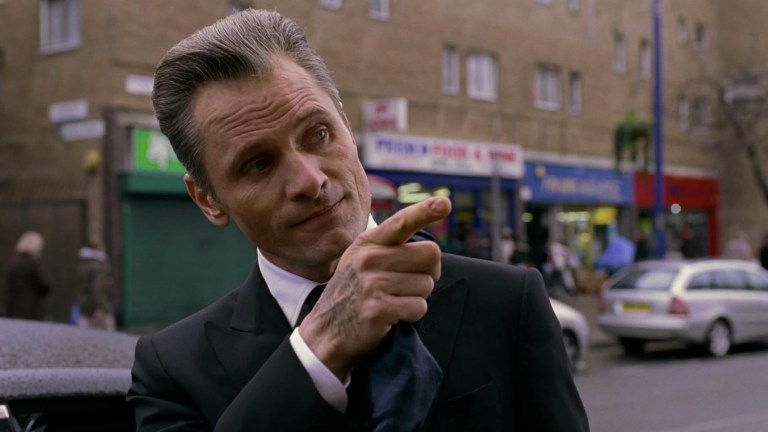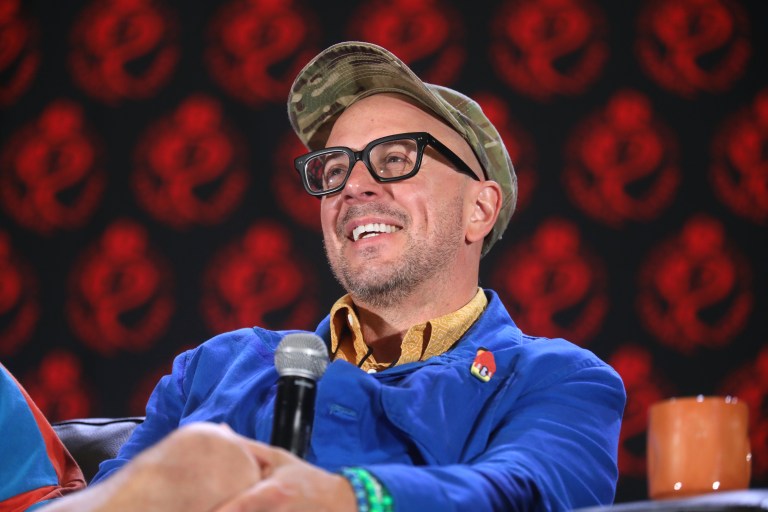
Learning To Live In The Moment Will Change Your Life
Looking to the future can provide hope, especially through difficult times. Reflecting on the past can also provide healing and closure. Focusing on either one obsessively, however, quickly becomes deteriorating to our mental and emotional health.
Wonder and curiosity chase the future. Reflection and contemplation encompass the past. The present, however, is often lost on us. Living in the moment could change your life for the better, so why do you lose yourself to your thoughts on what’s next or worry about what’s happening elsewhere? Looking to the future can provide hope, especially through difficult times. Reflecting on the past can also provide healing and closure. Focusing on either one obsessively, however, quickly becomes deteriorating to our mental and emotional health.
We all seem to spend too much time thinking about the past and the future, and it’s very difficult not to. It will take true mindfulness to reshape these thought patterns. What most people don’t realize is just how powerful the subconscious mind actually is in forming our judgements and perceptions. This part of the brain stores memories and experiences, and therefore has access to decision-making information faster than the conscious mind. Have you ever made a “gut-decision” but couldn’t quite articulate why you made this choice – it was just your instinct? Your subconscious mind is responsible for this seemingly intuitive kind of response. Your subconscious gathered enough information to be able to guide you into making the right choice.
Despite the influential subconscious mind, we still have the ability to make conscious choices. Whether it be choosing our preferences, answering questions, gathering information or communicating, we process information every day in order to make decisions. Our mind is constantly stimulated by the outside world, supplying all kinds of sensory details including sights, sounds, and a plethora of uncontrollable factors.
Simply put: the mind doesn’t like to be still, it likes to be engaged through this constant absorption of surrounding stimuli. Due to the mind’s nature, it can be a challenge to solely reflect, sit in stillness and just think. If we’re constantly thinking about somewhere we are not, the subconscious mind will focus on this without us even realizing it. In choosing to actively concentrate on the present, we direct both our subconscious and conscious minds back to reality, surrounding people, and present opportunities. However, this often involves an active decision on your part to focus on the present moment.
You’ve probably heard the phrase, “What you put into an experience, you get out of an experience”. In order to glean more from daily life, much more effort is required when it comes to actively focusing on the present. According to Psychology Today, “Living in the moment—also called mindfulness – is a state of active, open, intentional attention on the present”. In reality, the present is all that exists. For a successful, bright future to be possible, we must live for today, both recognizing the possibilities and seizing the opportunities we have today.
1. How “savoring” is a fantastic way to begin an active way of thinking
A common issue people face is living in a constant state of worry. We often place a substantial focus on what the future holds, how our lives will change, and all that will go wrong or right. Essentially, we want to comprehend the unknown, and we crave a foreseeable life progression to clarify our questions. Most people struggle with change to a certain extent, and want to feel in control. But truly, there are so many things out of our control, and worrying about them will not make a difference. The present is all that really exists, and the future is actually here, right now. Making the most of each day seems to be a lofty goal, but through an active focus on the present, worries will dissolve away.
One way to combat this mental anxiety is purely to savor the moment as it is happening. For example, if you ever find yourself in a gorgeous setting, perhaps a tranquil walk along the beach, or watching a breath-taking sunset, do not think to yourself, “This is so beautiful, I need to come back here with my boyfriend.” Rather, take in this treasure of a sight, content with what you are feeling now, relishing this unique moment in your life. Psychologists call this “savoring”. Yes, you may desire to come back to this point again later, but remember, you are already here right now. It’s no coincidence that we have an easier time savoring moments when we’re traveling alone. It’s easier to be present in the moment without distractions.
So whether it be ruminating about the past, or uneasiness over the future, channeling your mindset to what is directly in front of you will boost positive thoughts, and terminate negative ones about situations that are not even present.
2. Active Engagement
Time is a strange concept to grasp. Sometimes we are fully aware of it’s presence when things are progressing slowly. We press on for time to speed up and move forward. But there are also days or extended periods that seem lost on us, passing by so fast they go by almost undetected. Whether we are experiencing a season of life brimming with stress and busyness, one of uneventful peace, one of great company and laughter, or even one of self-discovery and soul-searching, there are ways to make the most of the time we are experiencing. Removing ourselves out of an “autopilot” mindset, and instead taking an insightful interest in our surroundings can immediately draw us into a stronger mindfulness. Psychology Today explains it like this, “Instead of letting your life go by without living it, you awaken to experience”. Engagement can look differently for everyone. This could mean developing greater awareness and consistent observations about the people and environment we are in. Finding details, asking questions, and living with a bold curiosity will begin to draw us into the present, and away from negative thoughts. The more involved we are in the situations of today, the less we are in the ones of the past or those that do not exist.
3. Practice a “Do Nothing Moment”
So often in our lives we get stuck in ruts, not knowing how we got to this point, what our next move is, or even where to begin to make a change. We get lost in routines, work days blend together, and life can seem to lose it’s zest and vibrancy. It is almost as if we have surrendered to our circumstances, and forget that we can change the direction and course of our life. A remedy for this kind of stagnancy may sound contradictory, but it is actually to “do nothing”. Practicing a “do nothing moment” each day can actually be quite helpful for increasing productivity, motivation, and a peaceful mindset. Whether this be in the morning when we wake, or afternoon to break up the day, setting aside a time to collect our thoughts and motives brings many positive benefits. By removing our minds from the constant commotion of our thoughts and worldly distractions, this can reduce stress, lower blood pressure, and even boost immunity. We touch-base with our emotions and honest desires, which should never be ignored. A greater understanding of ourselves and our deepest wishes will lead to a stronger motivation and awareness to accomplish these goals all the days of our lives.
4. Learn to Let Go
Nelson Mandela powerfully said “when I was walking out of the door toward the gate that would lead to my freedom, I knew that if I didn’t leave behind my bitterness and hatred, I’d still be in prison”. Living in the moment entirely cannot take place without some relationship to the past. In other words, we must let the past go. Harboring regret, anger, and negative feelings will only weigh us down, and become heavier the longer we carry these burdens. We alter our consciousness when we let these pains into our very core, changing the way we think. Forgiveness and setting free these anxieties is an ability to rise above these challenges, because we will not heal by hurting someone else. An avid practitioner of mindfulness, Buddha himself said, “Resentment is like drinking a cup of poison and expecting the other person to die”. Internal healing comes by letting go of these things that either hold us captive, or set us free. Forgiveness does not excuse the behavior, rather is protects us from the negative affects the action could cause us. So learn to let go, practice forgiveness, and take courage to move past what cannot be changed, giving of all your energy to the present day. ![]()











